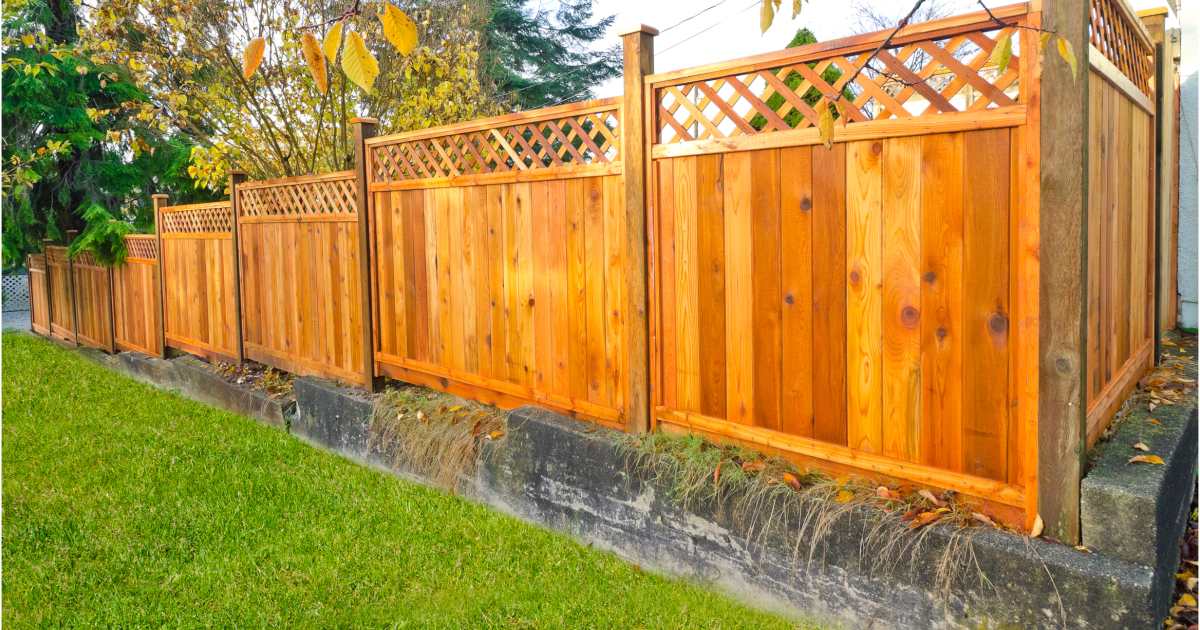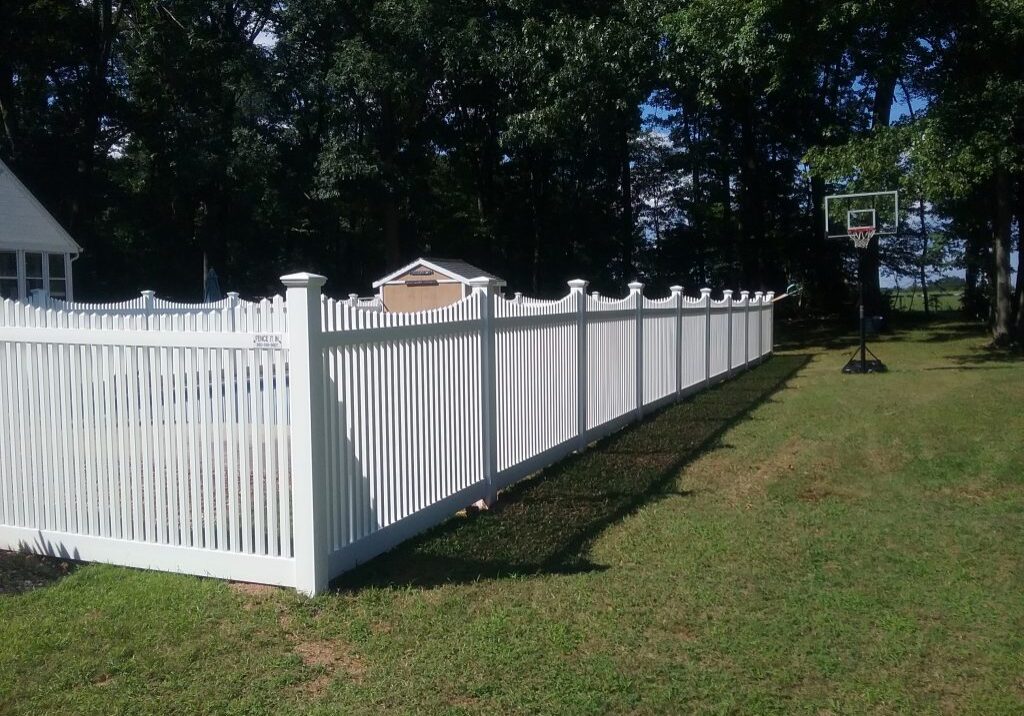All Categories
Featured

When mounting a fencing, picking the right material is key to stabilizing performance, visual appeals, and budget plan. Timber, vinyl, and aluminum are amongst the most commonly selected secure fencing products, each with its disadvantages and toughness. This guide discovers the advantages and disadvantages of these choices to aid you make a notified choice.

Wood Fence. Pros:. All-natural Beauty: Timber's timeless appeal can improve any residential property with its classic and cozy appearance. Personalized: You can paint, discolor, or sculpt wood to fit your style choices. Inexpensive: Timber fencing is at first a lot more budget-friendly compared to a few other products. Environmentally Friendly: As an eco-friendly source, timber is naturally degradable and often considered eco-friendly. Disadvantages:. Maintenance-Intensive: Normal sealing, painting, or discoloration is needed to stop damage from weather condition and insects. Prone to Decay: Without correct care, wood can rot, warp, or crack in time. Much shorter Life expectancy: On standard, wood fences last 10-15 years, depending upon the sort of timber and upkeep. Timber is a wonderful option for those who value aesthetic appeals and want to buy normal upkeep to preserve its appearance and toughness.
Plastic Fencing. Pros:. Reduced Upkeep: Vinyl calls for marginal care-- simply periodic cleansing with soap and water. Climate Resistant: It does not warp, rot, or catch insect damage, making it extremely durable in various environments. Longevity: Plastic fencings can last 20-30 years with little to no repair work. Layout Range: Available in a variety of appearances, colors, and styles, including wood-like appearances. Disadvantages:. Higher First Cost: Plastic fencings are a lot more expensive ahead of time compared to wood. Susceptability to Cold: In incredibly winter, vinyl can become brittle and prone to cracking. Minimal Repair Work Options: Matching substitute panels can be testing if damages happens. Plastic fencing is excellent for property owners searching for a lasting, low-maintenance solution that uses modern adaptability.

Aluminum Fencing. Pros:. Rust-Proof: Light weight aluminum stands up to corrosion, making it a superb option for damp or moist atmospheres. Sturdy: Regardless of being lightweight, aluminum is strong and can withstand severe climate condition. Low Upkeep: It requires very little upkeep, usually only occasional cleansing. Long Life expectancy: Light weight aluminum fencings can last decades without substantial wear and tear. Elegant Layout: Often utilized for ornamental purposes, aluminum fencing includes a streamlined, sophisticated seek to properties. Disadvantages:. High Preliminary Investment: Aluminum fences are amongst the pricier alternatives on the market. Less Privacy: The open layouts common with aluminum fencing do not offer much personal privacy. Vulnerable to Damages: While durable, light weight aluminum can damage if struck with adequate pressure. Light weight aluminum is a superb choice for house owners focusing on visual appeals and toughness without calling for much maintenance.
Making Your Decision. When determining between aluminum, timber, or vinyl secure fencing, consider your top priorities:
Wood fits those that value an all-natural look and don't mind placing in maintenance initiative. Vinyl is the very best choice for those seeking a low-maintenance, weather-resistant solution. Aluminum offers streamlined design and long-lasting toughness however may lack privacy. By carefully examining these products' functions, you can choose a fencing that complements your residential or commercial property while meeting your practical and aesthetic demands.
Latest Posts
Grab Limited-Time Auto Repair Specials in Chicago at Montclare Auto Repair
Published Jun 01, 25
1 min read
Discover Budget-Friendly Auto Repairs with Montclare’s Monthly Service Specials
Published May 24, 25
1 min read
Explore the Top Auto Repair Discounts in Montclare, Chicago
Published May 24, 25
1 min read
More
Latest Posts
Grab Limited-Time Auto Repair Specials in Chicago at Montclare Auto Repair
Published Jun 01, 25
1 min read
Discover Budget-Friendly Auto Repairs with Montclare’s Monthly Service Specials
Published May 24, 25
1 min read
Explore the Top Auto Repair Discounts in Montclare, Chicago
Published May 24, 25
1 min read